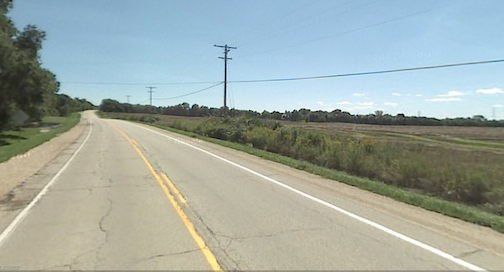
"It is difficult to find any merit in the project at all."
That's what the Wisconsin Public Interest Group said about the proposed $125 million widening of Highway 38, outside Milwaukee, in a 2011 report [PDF].
The nine-mile rural road widening, from two lanes to four, was indeed a head scratcher. This area of the state is sparsely populated, surrounded by cabbage farms. What's more, Highway 38 closely parallels Interstate-94.
"It is baffling why a major expansion should be a spending priority," wrote WisPIRG's Bruce Speight and Kyle Bailey.
But the Highway 38 road widening was nothing unusual for Wisconsin. The state is pursuing a plan to pour $6.2 billion into highway expansion in the slow-growing Milwaukee region. A review of plans by the Wisconsin Public Interest Group found the state consistently overestimated the need for these projects and that the justification for many of them was shoddy or nonexistent.
That should explain why advocates like Speight are so surprised and encouraged to learn the state has abandoned the plan for Highway 38. WisDOT spokesman Brian DeNeve told Streetsblog the reason was "local opposition to the project."
It's unclear why this project would be cancelled while so many other wasteful projects continue. But advocates are encouraged. Speight said in WISPIRG's review of four wasteful projects, the justification for Highway 38 was the shoddiest.
“We applaud WISDOT for cancelling this wasteful and unnecessary highway expansion project," Speight said. "But, they shouldn’t stop there. WISPIRG has identified billions of taxpayer dollars that WISDOT has committed to questionable highway expansion projects. With Wisconsinites driving less and taking transit, biking and walking, WISDOT should stop wasting taxpayer money on mega-highway expansions we don’t need, and instead invest in the local road repair, transit and bike infrastructure that is being neglected.”
Citizens opposing wasteful and environmentally destructive projects elsewhere in the state have launched lawsuits to stop road expansions like the $1.7 billion "Zoo Interchange" outside Milwaukee, and Highway 164 in the Milwaukee suburbs. These campaigns have been met with dismissiveness or outright hostility by state officials.





